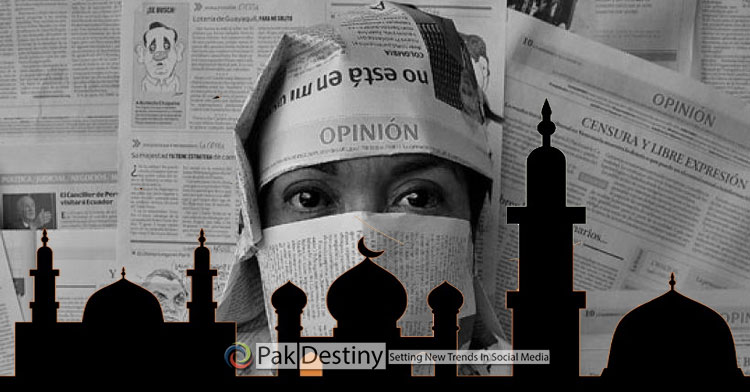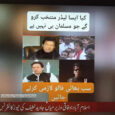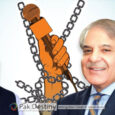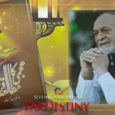
By Syed Shujaat Hussain
Every image is the reflection of a certain reality, and our verdict on the veracity of that image cannot be divorced from our own understanding of the reality itself When it comes to Islam and Muslims, are we ourselves prepared to be as objective and critical as we should be, or do we rush to the defence of Islam without adequate knowledge, and to the defence of Muslims without a reasonable measure of objective detachment? That question having been raised, we need to be aware of a common human failing: most of us tend to judge other faiths by the conduct of their followers, while we tend to overlook (or even justify) our own failings regardless of our violation of the “Faith” we profess.
If due care is exercised NOT to fall into this trap, our own judgment on the verdicts of others will carry a measure of truth which will be beneficial to both the critic and the criticized.
As is well known, moral decline of our Muslim society, is apparent in our “religious intolerance, racial and sectarian animosity and killings; the increasing evidence of selfishness, suspicion, fear, fraud; spread of terrorism, lawlessness, crime; insatiable thirst for earthly vanities, riches and pleasures; the weakening of family ties; the laxity in parental guidance; lapse into luxurious indulgence; an irresponsible attitude towards life, the degeneration of art and music, and even the infection of literature.”
The symptoms of this cultural crisis may be traced back without difficulty to what Nietzsche called ‘nihilism’ or the loss of purpose in our lives.
The aim is lacking; we have lost the highest and generally recognized values as the consequence of the ‘death of God’ and the demise of religion. All religions attempt to provide an answer to questions concerning aims and values: What is man? What is the purpose of his existence? To which goal is he striving? The teachings of all religions claim that man has both his origin and his return in God.
He has been created for eternal life, for perfection as a human being, with freedom of choice. In short, he is the citizen of the two worlds: The Here and the Hereafter. It is something which eludes empirical knowledge or experimental investigation, as does the question concerning the existence of God or even ethical values. At this point, scientific knowledge reaches a boundary which it cannot overstep.
What I am trying to suggest is that religious and scientific knowledge are not opposed to each other; they are to be regarded not as alternatives but as correlates. They are complementary and mutually interacting to enable a person to attain enlightenment and perfection. Man needs science as a tool of perception; he needs religion as a guide to action. For enlightenment, man requires both the light of reason and the light of faith. And the two, I repeat, are complementary, NOT contradictory. Material progress and spiritual growth are like two wings of an aircraft. It cannot take off with one wing only.
The author is former Engineer- In-Chief & Founding Rector National University of Sciences & Technology (NUST)






